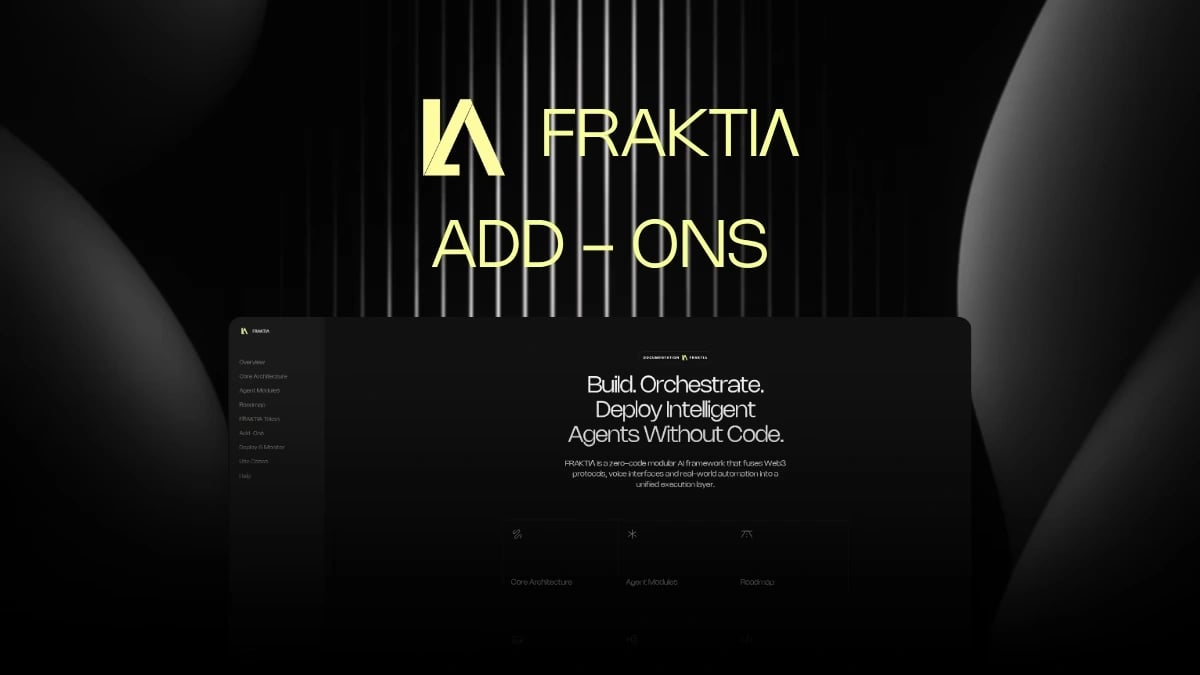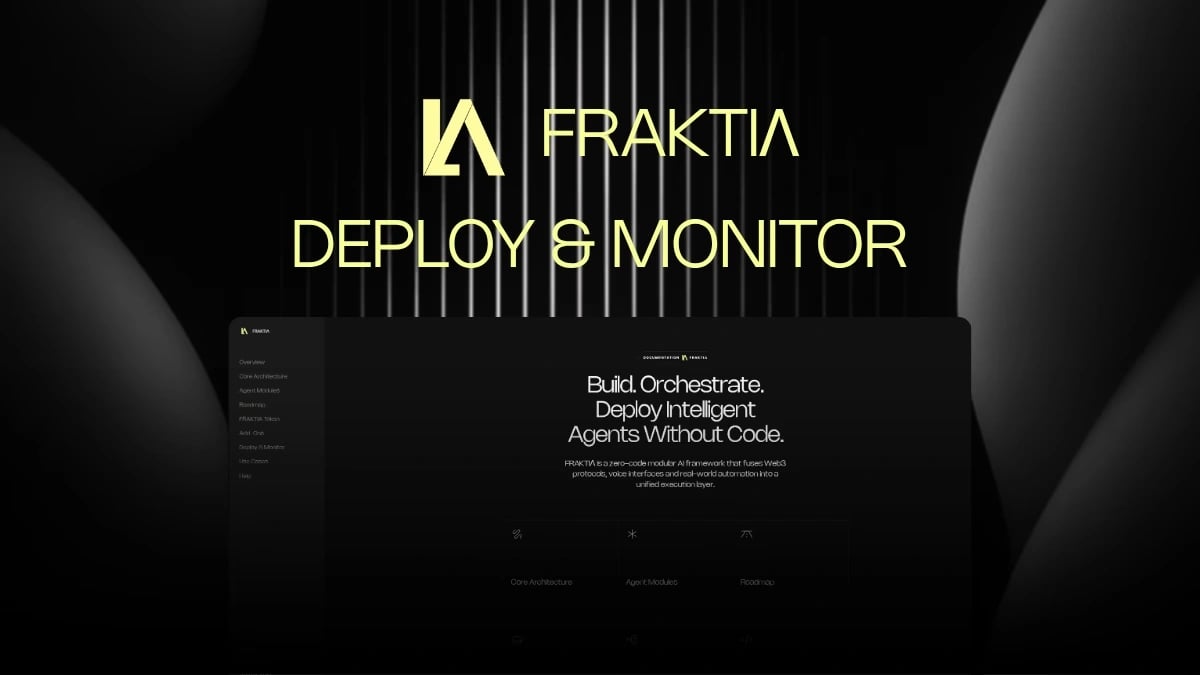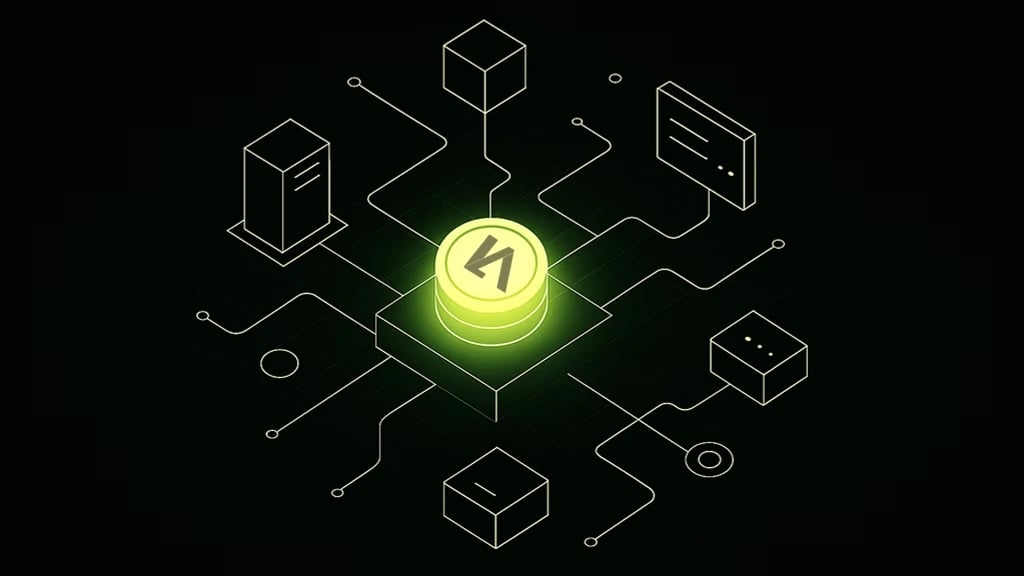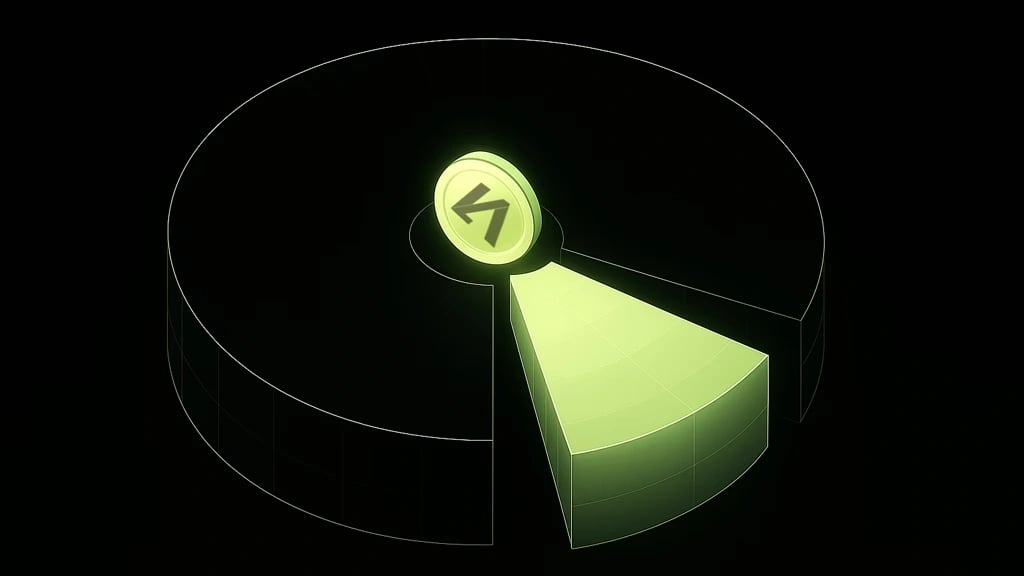Subscribe to wiki
Share wiki
Bookmark
FRAKTIΛ
We've just announced IQ AI.
FRAKTIΛ
FRAKTIΛ is a platform designed for building, deploying, and activating autonomous AI agents using a no-code visual configuration interface. It provides infrastructure for designing agent logic, integrating voice capabilities, managing memory, and deploying agents to various environments. [1]
Overview
FRAKTIΛ is a modular AI execution framework designed to support interoperability across decentralized and distributed systems. It enables the deployment of intelligent agents without requiring code, using containerized microservices and a plug-in architecture. The system combines AI inference, blockchain protocols, and visual orchestration tools to support scalable, autonomous workflows.
Participants in the ecosystem include developers, enterprises, AI architects, DAOs, and researchers. Developers can build AI agents through visual interfaces, while enterprises can integrate customizable AI workflows into existing systems. The platform also supports experimentation with decentralized intelligence and multi-agent coordination.
FRAKTIΛ’s execution model is based on a modular pipeline that separates agent logic into components like inference engines, memory modules, and event processors. It utilizes a no-code deployment stack built on Kubernetes and includes a tokenization engine that enables agents to function as on-chain assets, with associated governance and liquidity features. The system also supports integrations with both Web2 and Web3 tools, enabling multi-agent collaboration through distributed messaging and role arbitration. The $FRAKT token facilitates operations such as agent deployment, feature extension, and staking. [2]
Features
Agent Modules

FRAKTIA agents are built using modular components that define their behavior, communication methods, and execution logic. These modules function as core building blocks, allowing agents to operate as programmable systems tailored to specific use cases. Each module can be combined or extended to suit the needs of developers, organizations, or protocols.
Key modules include the cognitive engine (handling reasoning and decision-making), behavioral schema (defining traits, rules, and memory), and runtime layer (managing execution flow). The deployment stack oversees infrastructure provisioning, while the tokenization layer enables on-chain representation and interaction. Additional modules support voice interfaces for natural language interaction and add-on integrations for connecting with external services across both Web2 and Web3 ecosystems.
Agent Lifecycle
FRAKTIΛ agents follow a three-stage lifecycle: design, train, and launch. In the design phase, users visually configure agent logic, behaviors, voice traits, and memory using a no-code interface. Key functions such as voice interaction, modular integrations, and swarm coordination are defined through a drag-and-drop workflow system. During the training phase, agents evolve through interaction-based feedback. This involves updating memory, refining logic, and triggering Add-Ons in response to user input. FRAKTIΛ’s runtime supports ongoing testing and simulation, allowing agents to adapt over time. In the launch phase, agents are containerized, tokenized, and deployed to cloud or edge environments. Real-time observability, Add-On activation, voice streaming, and optional monetization through token-based features are enabled at this stage. [3]
Core Stack
The FRAKTIΛ core stack consists of foundational components that support the development and operation of AI agents. The AI model functions as the cognitive engine, powering decision-making and processing tasks. The voice module enables agents to handle spoken input and generate voice responses, facilitating interactive and conversational engagement.
The framework serves as the runtime environment, overseeing execution, interaction handling, and lifecycle processes such as training and deployment. Once launched, agents are containerized and can be observed in real time. Agent invocation involves configuring voice, memory, and logic, connecting modular Add-Ons, tokenizing agent functions, and initiating the runtime loop to enable autonomous operation. [4] [5]
No-Code Agent Development

FRAKTIΛ provides a no-code, containerized deployment system and real-time monitoring tools that eliminate the traditional complexity of DevOps. Agents can be launched instantly through a visual pipeline—covering configuration, add-on integration, and deployment—without writing infrastructure code. Each agent runs in an isolated container managed by the ElizaOS runtime, which handles memory, logic, and trigger conditions. REST and WebSocket endpoints are automatically generated at launch. The platform’s dashboard tracks uptime, input/output logs, model usage, add-on performance, and token activity, supporting continuous monitoring and optimization.
The framework includes an interactive terminal for real-time interaction and debugging, allowing users to test logic, simulate inputs, and modify agents without downtime. Agents can be updated live with new models, behavioral rules, or runtime parameters. Every deployment is versioned, with rollback capabilities and audit logs for transparency and compliance. Access control and permission settings are available at both the team and agent levels. Integration tools, such as webhooks, enable external systems to subscribe to events or synchronize data in real-time. This infrastructure allows individuals and organizations to deploy and manage AI agents at production scale with traceability, control, and operational resilience. [8]
FRAKT

The $FRAKT token serves as the core utility and governance asset within the FRAKTIA framework, facilitating transactions, coordination, and platform operations. It is used to deploy agents, activate specialized modules, and access high-throughput services such as external APIs or robotic controls. Agents can also be wrapped in smart contracts that require or manage $FRAKT for executing on-chain logic. Additionally, any new token launched within the ecosystem must be paired with $FRAKT, reinforcing its role in liquidity alignment across the protocol.
Built on Ethereum with a total supply of 100 million tokens, $FRAKT has no pre-sale, private round, or insider allocations. A 5% tax on both buy and sell transactions funds ongoing development and ecosystem growth, while liquidity is locked for 12 months. Governance is conducted using $FRAKT, with holders able to vote on protocol upgrades, add-on approvals, treasury usage, and agent permissions. All vesting and distribution follow a transparent schedule designed to promote long-term stability and security. [7]
Tokenomics

FRAKT has a total supply of 100M tokens and has the following allocation: [9]
- Liquidity Pool: 50%
- Ecosystem Incentives: 25%
- Protocol Treasury: 15%
- Advisors & Contributors: 10%
Partnerships
- Messier
- 0xGasless
- Privix
See something wrong?
